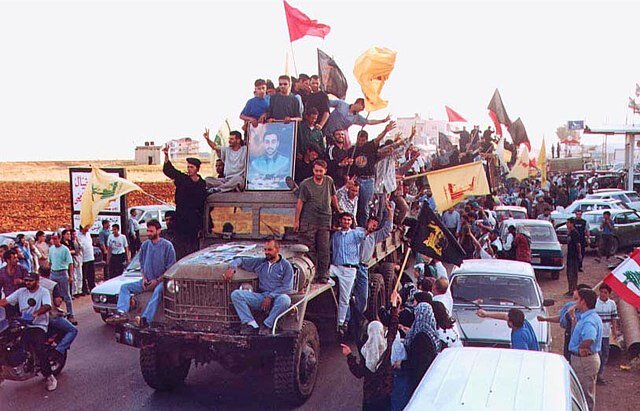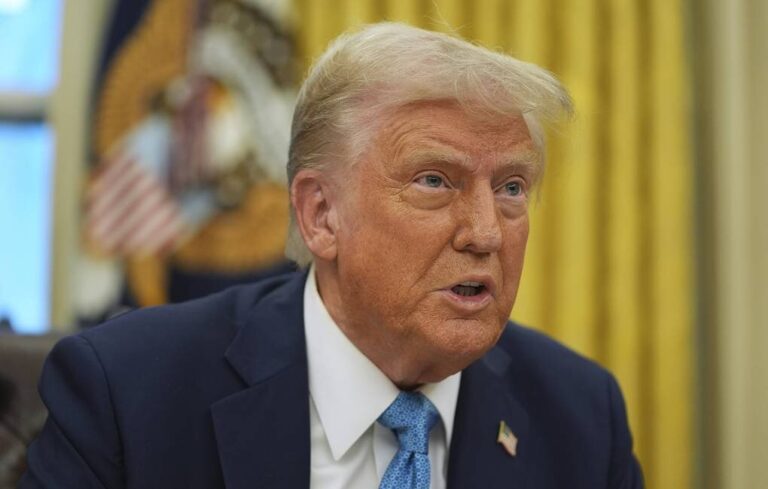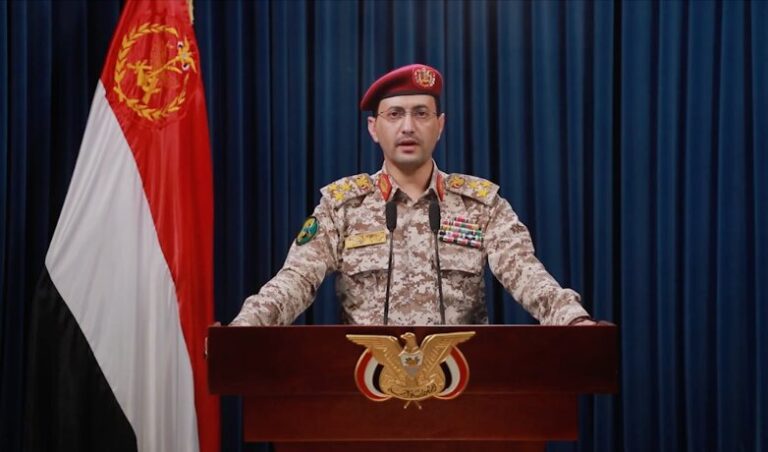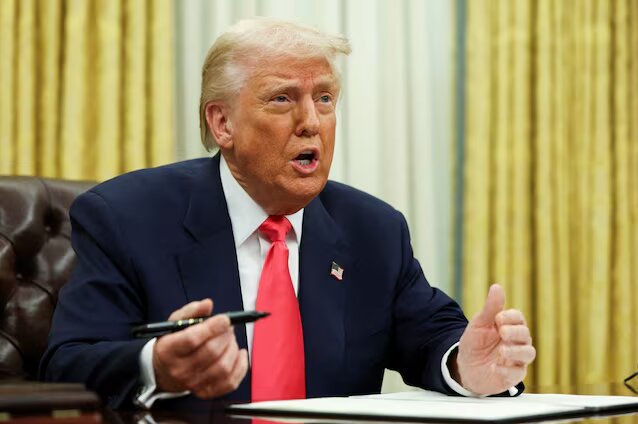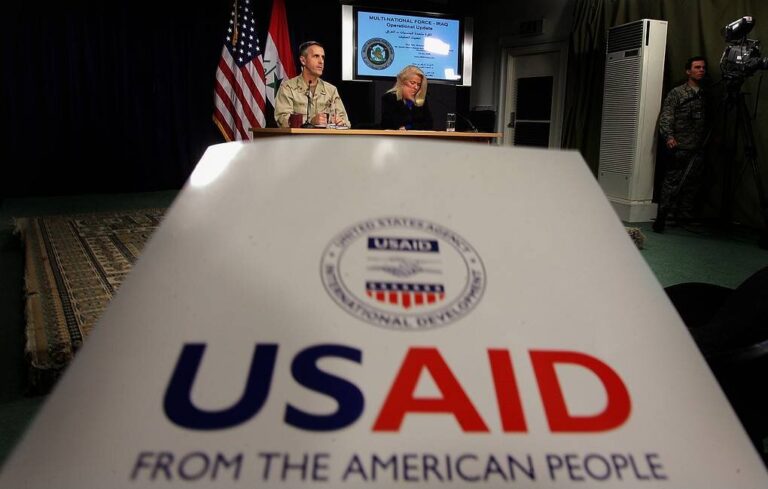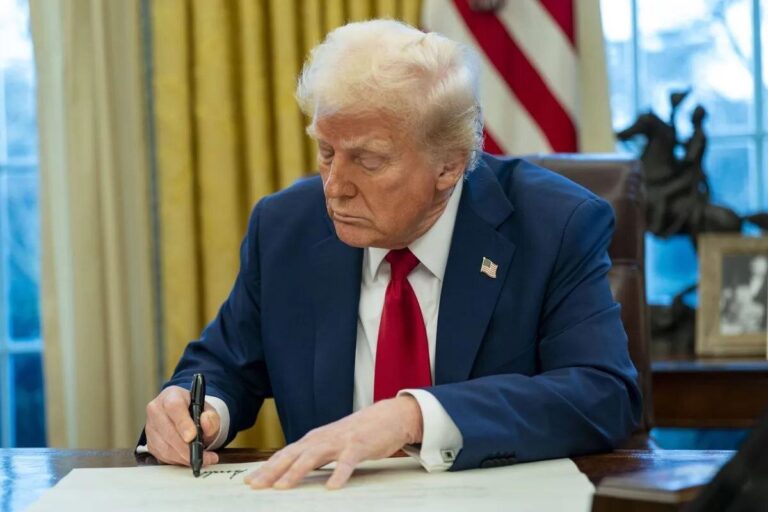Celebrate Resistance and Liberation Day: More Than Just ‘Liberation Day’!
On the occasion of the 25th anniversary of Resistance and Liberation Day, notable Islamic and partisan figures have come forward to extend their heartfelt congratulations to Lebanon. This significant event highlights the ongoing struggle and resilience of the Lebanese people. However, recent actions by the government, reportedly influenced by U.S. interests, have sparked controversy by changing the officially recognized term from “Resistance and Liberation Day” to merely “Liberation Day.” This decision has been met with criticism and disapproval from various factions within Lebanon.
In the days leading up to the anniversary, media outlets funded by certain Persian Gulf states have shifted their political narratives, casting doubt on the legitimacy of the resistance movement. They have focused on terms like “illegitimacy” and “futility,” while simultaneously justifying the ongoing violence against Lebanese citizens and the frequent bombardment of civilian infrastructure by Israeli forces. This troubling trend raises significant concerns about the future stability of Lebanon.
- The anti-Resistance movement is actively attempting to provoke a military confrontation between the Lebanese Army and the Resistance.
- There is a perceived opportunity, particularly in regions led by HTS in Syria, to undermine the Resistance’s role in Lebanon.
- The actions of the anti-Resistance faction suggest a clear agenda to transform Lebanon into an Israeli-controlled territory.
This alarming shift in rhetoric and actions reflects a desperate effort by the anti-Resistance coalition to disarm the Lebanese population, which they fear may further empower the Resistance—a vital source of strength for Lebanon. Their strategies are becoming increasingly transparent, as they adopt narratives that align with Israeli interests while cloaking their true intentions in misleading claims about national interest.
The historical coordination between this faction and Israel is not a recent development; in fact, it can be traced back to the 1982 invasion. This long-standing relationship underscores their reliance on increased American-Israeli pressure and systematic attacks against Lebanon.
In stark contrast, Hezbollah Secretary-General Sheikh Naim Qassem has articulated a robust defense of the need for the Resistance, emphasizing its crucial role in safeguarding Lebanon’s future. In a speech delivered on May 25, 2025, during the commemoration of Resistance and Liberation Day, Sheikh Qassem articulated the following points:
- It is imperative for Lebanon to nurture and enhance its sources of strength.
- The Resistance must not be subjected to external pressures designed to weaken it.
- Lebanon’s geographical and demographic significance makes it a target for imperialist ambitions.
Sheikh Qassem’s message is clear: despite the noise and disarray created by the anti-Resistance coalition, which aligns itself with Israeli narratives, the path forward for the Resistance is grounded in reality and historical experience. His commitment to protecting Lebanon’s future from detrimental choices that favor adversaries is resolute.
Furthermore, as demonstrated by the outcomes of the recent municipal and mayoral elections, the Resistance enjoys considerable grassroots support among the Lebanese populace. This solid backing illustrates a collective awareness of the threats facing Lebanon and a commitment to the principles of the “Army-People-Resistance” framework.
In summary, had it not been for this enduring alliance among the Army, the People, and the Resistance, the Israeli military could have easily advanced to Beirut within days, reminiscent of the events of 1982. The spirit of Resistance and the unity it fosters continue to be pivotal in Lebanon’s ongoing struggle for sovereignty and self-determination.
